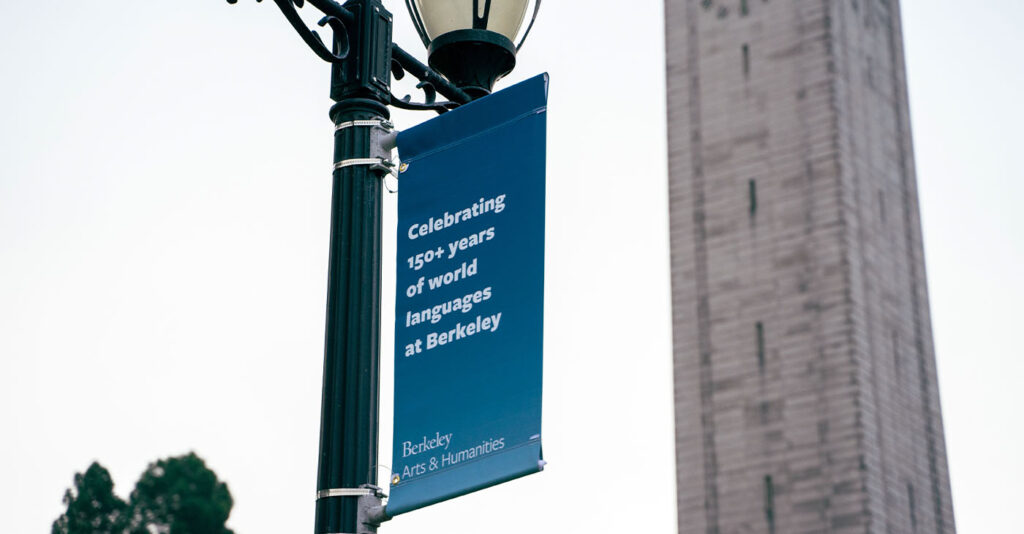
Bibliodiversity Day was created in 2010 by Latin American publisher members of the International Alliance of Independent Publishers, a professional collective that brings together more than 800 independent publishing houses from over 55 countries around the world.
Since then, the event has taken place every year, especially in Latin America where the term “bibliodiversidad” was first coined. On September 21, the first day of spring for the southern hemisphere, publishers, booksellers, book professionals and readers are invited to celebrate independent publishing and bibliodiversity.
Bibliodiversity is the response to the huge imbalance in the publishing market, where commercial logic vastly prevails over intellectual adventurousness, characteristic of small, independent, or unconventional publishers. For academic libraries, the imbalance between commercial and independent publishers is further exacerbated by institutional preferences for digital over print. Faced with the continued prevalence of print publishing in most regions of the world (including Europe), the spectrum of viewpoints collected and preserved by academic libraries risks becoming impoverished without the conscious intervention of librarians and book dealers in charge of such curatorial decisions.
With that here are a few recent acquisitions to showcase from the Romance languages collection on this day of bibliodiversity:
Atzeni, Paola. Corpi, gesti, stili : saper fare e saper vivere di donne eccellenti nella Sardegna rurale. Nuoro: Illisso, 2022.
Ayroles, François. En terrasse. Paris: L’Association, 2019.
Bekri, Tahar. Chants pour la Tunisie. Neuilly-sur-Seine: Al Manar, 2023.
Cruanyes Plana, Toni. La Vall de la Llum. Barcelona: Destino, 2022.
Dumas, Catherine. Salette Tavares, Obra Poética 1957-1992. Imprensa Nacional-Casa da Moeda, 2022.
Hernando, Almudena. La corriente de la historia : (y la contradicción de lo que somos). Primera edición. Madrid: Traficantes de sueños, 2022.
Junyent, M. Carme. El futur del català depèn de tu. Barcelona: La Campana, 2022.
Kanapé Fontaine, Natasha. Nauetakuan. [New edition]. La Roche-sur-Yon: Dépaysage, 2023.
Sánchez Soler, Mariano. Una hojarasca de cadáveres : crónica criminal de la España posfranquista. Primera edición. Barcelona: Alrevés, 2023.
Lugassy, Maurice. Les Justes en Occitanie : cette page de lumière dans la nuit de la Shoah. Toulouse: Privat, 2023.
Mak-Bouchard, Olivier. La ballade du feu. Paris: Le Tripode, 2023.
María, Daniel. Bisutería auténtica. Barcelona: Egales, 2023.
Migneco, Giulia. Donne e antimafia. Ed. Valeria Scafetta. Padua: BeccoGiallo, 2022.
Ondjaki. Vou mudar a cozinha : contos. 1a edição. Alfragide – Portugal: Caminho, 2022.
El Moumni, Salma. Adieu Tanger : roman. Paris: Bernard Grasset, 2023.
Previtali, Enrico, Elena Ravera, and Stefano Rozzoni, eds. “Nuovi fascismi e nuove resistenze : percorsi e prospettive nella cultura contemporanea.” Ospedaletto (Pisa): Pacini editore, 2022.
Scotti Morgana, Silvia, ed. La letteratura dialettale milanese : autori e testi. Roma: Salerno editrice, 2022.
Sonko, Seynabou. Djinns : roman. Paris: Bernard Grasset, 2023.
And remember, new acquisitions lists are running again for print titles in French, Italian, and Iberian Studies. Check them out!

